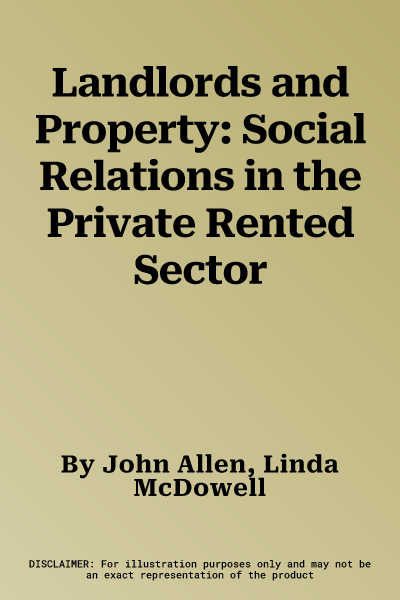John Allen
(Author)Landlords and Property: Social Relations in the Private Rented SectorHardcover, 25 August 1989

Temporarily out of stock
Free Delivery
Cash on Delivery
15 Days
Free Returns
Secure Checkout

Part of Series
Cambridge Human Geography
Part of Series
University of Cambridge Oriental Publications
Part of Series
Pictures in the Collection of Her Majesty the Queen
Print Length
224 pages
Language
English
Publisher
Cambridge University Press
Date Published
25 Aug 1989
ISBN-10
0521360285
ISBN-13
9780521360289
Description
Product Details
Authors:
Book Format:
Hardcover
Date Published:
25 August 1989
Dimensions:
22.81 x
15.19 x
1.7 cm
ISBN-10:
0521360285
ISBN-13:
9780521360289
Language:
English
Location:
Cambridge
Pages:
224
Publisher:
Series:
Weight:
453.59 gm